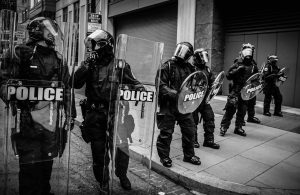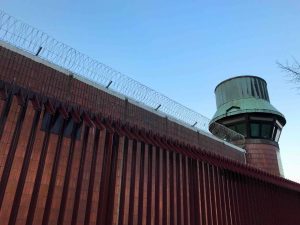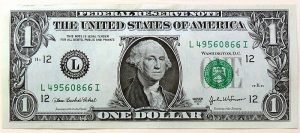 Today, hate crimes are at the forefront of the struggle to create safe communities for everyone int his country. Those that accused the legislators of political correctness still make their points, but the vast majority of the public recognizes that hate crimes are never acceptable and must be prosecuted with the vigor that they deserve. Chicago is one of the areas that has struggled with a significant upsurge in hate crimes.
Today, hate crimes are at the forefront of the struggle to create safe communities for everyone int his country. Those that accused the legislators of political correctness still make their points, but the vast majority of the public recognizes that hate crimes are never acceptable and must be prosecuted with the vigor that they deserve. Chicago is one of the areas that has struggled with a significant upsurge in hate crimes.
The state decided to tackle the problem using a combination of community policing, sensitization, and even outright legislation: the Illinois Hate Crime Act (IHCA), which is summarized under the legislative instrument number 720 ILCS 5/12-7.1. There are many procedures and processes in place that are designed to ensure that a fair and accurate outcome is delivered. This is a response to the historical and long-standing abuses in the criminal justice system, which ensured that many culprits of hate crimes got away with them. At the height of the Civil Rights movements, the Ku Klux Klan was literally enforcing its own version of vigilante justice against those who were deemed to be racially inferior.
Understanding the Imperatives and Implications of the New Regime
 Chicago Criminal Lawyer Blog
Chicago Criminal Lawyer Blog











